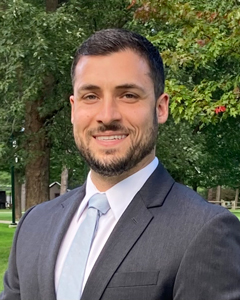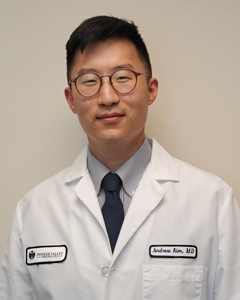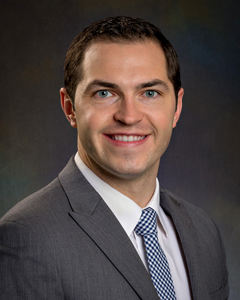Premature Ejaculation
A common sexual issue among men, premature ejaculation takes place when a man reaches orgasm too quickly. The man does not have voluntary control of the timing of his ejaculation and it may occur with very little stimulation. When this happens on a regular basis, it often results in both the man and his partner feeling unfulfilled. The timing of the premature ejaculation varies from person to person as well as by circumstances. Some men experience an orgasm before intercourse even begins, while for others it may occur immediately after vaginal penetration.
Premature ejaculation affects at least 20 percent of men between the ages of 18 and 59, and is the most frequent sexual problem of men under the age of 40. It can reduce sexual enjoyment, impact relationships and lower one's quality of life. Therefore, it is very important to seek medical attention if the problem is occurring frequently enough to interfere with your sexual pleasure.
Causes of Premature Ejaculation
Premature ejaculation is not typically caused by a physical disorder. In the vast majority of cases, this problem arises due to psychological issues. It may be a matter of general stress, anxiety about sexual performance, long-term feelings of guilt surrounding sexual pleasure, unease because of intimacy with a new partner, erectile dysfunction or other reasons.
For some patients, however, there are biological reasons for the premature ejaculation. Some physical influences that may cause this condition are an infection within the prostate or urethra, a thyroid disorder, problems with hormone levels or abnormalities of the ejaculatory system. It is also possible, although less common, for premature ejaculation to be a result of nerve damage after trauma or surgery in the genital region or due to certain medications.
Diagnosis of Premature Ejaculation
Patients who have frequent premature ejaculation will typically require a physical examination. Your doctor will also take a full medical and sexual history. In addition, a blood test may be necessary to check hormone levels or for other suspected possible causes. However, since there is not usually a physical cause, the results are most often normal. Instead, your doctor will generally make this diagnosis based on a candid discussion of your sexual complaints.
Treatment of Premature Ejaculation
There are a number of methods that can potentially help men experiencing premature ejaculation. Sometimes, several techniques must be attempted before the patient finds the right way to eliminate this issue in his particular case.
Relaxation Techniques
Any conscious effort made to lessen anxiety levels can produce the more relaxed state necessary to avoid premature ejaculation. Some men are successful by turning their focus to something other than their sexual stimulation, such as practiced deep breathing or contemplating a thought that is completely nonsexual.
Physical Practice
By practicing measured sexual stimulation, a man may be able to overcome his premature ejaculation issues. This typically involves providing small doses of stimulation, then stopping as the man approaches orgasm. It can be repeated multiple times until the man determines that he wants to ejaculate.
Antidepressants
Certain selective serotonin reuptake inhibitors (SSRIs) have the effect of postponing ejaculation. This can be especially helpful in cases in which depression has been diagnosed as well. However, the benefits and risks of taking regular medications such as these should be thoroughly discussed with your doctor before any prescriptions are written.
Reduce Sensation
Some patients respond well to a decrease in the level of sensation felt in the penis, which can lower their level of stimulation and allow a longer period of time before they reach orgasm. This can be achieved by using condoms in some cases or by applying a topical anesthetic to the penis prior to intercourse.
If there is no underlying condition responsible for the premature ejaculation and the problem does not resolve with any of these treatment methods, psychological counseling may be recommended. A mental health professional may be able to help you get to the root of what is causing the premature ejaculation and design a plan to return your sexual function.










